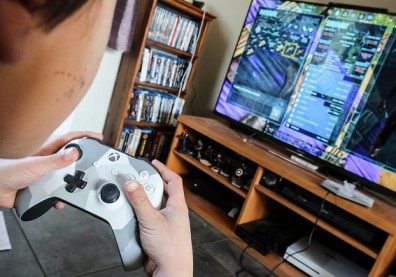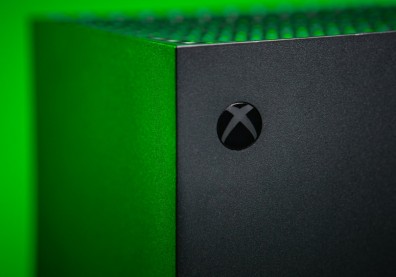Since Apple Pay launched this year, the cardless payment service has seen moderate success in finding partners in both credit card companies and retailers who roll out compatibility. LoopPay, however, is a similar service that claims to offer even more compatibility than Apple Pay, and Samsung might be trying to get in on the ground floor.
The Pirate Bay Makes Its Triumphant Return After A Couple Of Days Of Down Time
According to a report on Re/code, Samsung is in talks with the startup, trying to set up some kind of partnership. Though no final deal has been reached yet, Samsung could still be trying to regain some of the market share it lost this year by rolling out a Samsung-compatible cardless payment service that offers more functionality than Apple's new service.
LoopPay actually has an entire web page dedicated to the advantages its system has over Apple Pay. The biggest difference between the two is that LoopPay doesn't require retailers to have NFC infrastructure like Apple Pay does. Instead, LoopPay works by sending out a signal that can be picked up by the magnetic strip detectors in credit card terminals. This way, retailers only need to have a credit card reader to accept LoopPay (in theory, anyway). LoopPay sensors currently come in key ring fobs or special smartphone cases.
Apple Is Set To Have A Record Fourth Quarter Thanks To The iPhone 6 And 6 Plus
It's unclear what exactly would be the result of a partnership between LoopPay and Samsung. One of LoopPay's draws is that it's already supported by dozens of phones – including phones made by Apple, Samsung, Xiaomi, Huawei and more – so a deal where LoopPay becomes Samsung-exclusive doesn't seem too likely. If Samsung were to start embedding LoopPay sensors into its future smartphones, though, it would provide LoopPay with an automatic user base and give Samsung phones a much-needed edge over its competitors.
Samsung hasn't had the best year, and the global smartphone leader is losing little bits of its previously dominant market share every quarter. A high-profile partnership like this could be what the company needs to fire up its consumer base again.
(Thanks, 9to5Mac)









